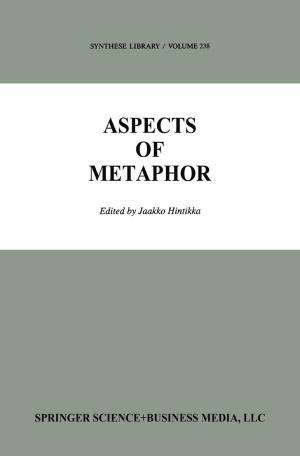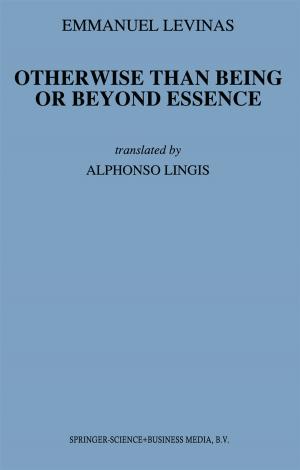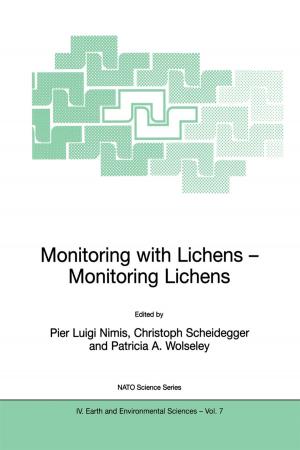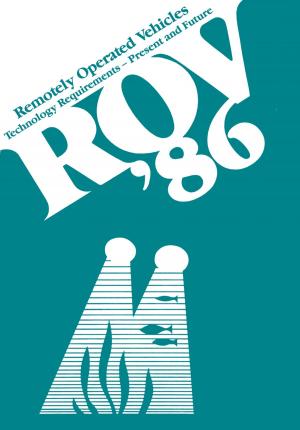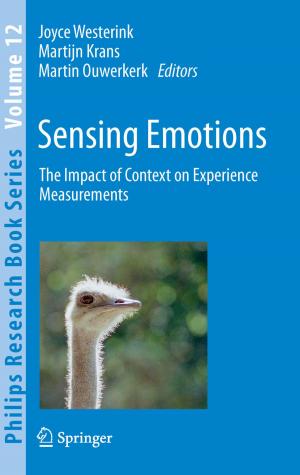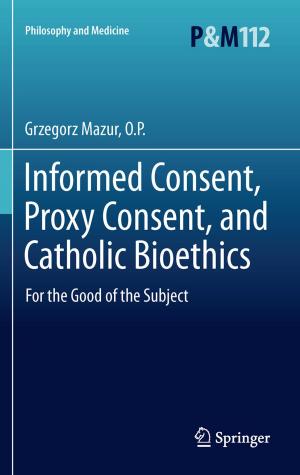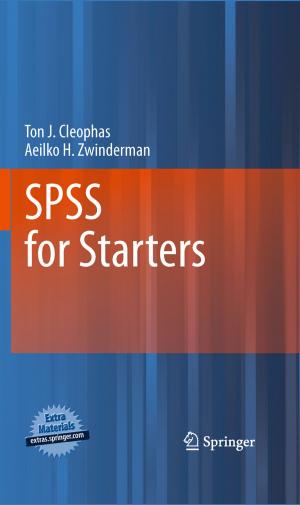Agency in Action
The Practical Rational Agency Machine
Nonfiction, Religion & Spirituality, Philosophy, Reference, Mind & Body| Author: | S. Coval, P.G. Campbell | ISBN: | 9789401124225 |
| Publisher: | Springer Netherlands | Publication: | December 6, 2012 |
| Imprint: | Springer | Language: | English |
| Author: | S. Coval, P.G. Campbell |
| ISBN: | 9789401124225 |
| Publisher: | Springer Netherlands |
| Publication: | December 6, 2012 |
| Imprint: | Springer |
| Language: | English |
This series will include monographs and collections of studies devoted to the investigation and exploration of knowledge, information, and data-processing systems of all kinds, no matter whether human, (other) animal, or machine. Its scope is intended to span the full range of interests from classical problems in the philosophy of mind and philosophical psychology through issues in cognitive psychology and sociobiology (concerning the mental capabilities of other species) to ideas related to artificial intelligence and to computer science. While primary emphasis will be placed upon theoretical, conceptual, and epistemological aspects of these problems and domains, empirical, experimental, and methodological studies will also appear from time to time. Sam Coval and Peter Campbell provide a painstaking and distinctive analysis of the nature of action and agency. They introduce a conception of acts which encompasses the purposes that motivate them, the beliefs on the basis of which they are undertaken, and the effects that they bring about. They compare and contrast their account with ones advanced by Davidson, Brand, Searle, Danto, and other, while elaborating its consequences for understanding the nature of alibis, mistakes, accidents, inadvertence, and the like. The valuable diagrams and the discussion of the software program they have developed, which implements their theory, amply displays the potential of combining philosophy and AI with law and other disciplines focused upon agency. J.H.F.
This series will include monographs and collections of studies devoted to the investigation and exploration of knowledge, information, and data-processing systems of all kinds, no matter whether human, (other) animal, or machine. Its scope is intended to span the full range of interests from classical problems in the philosophy of mind and philosophical psychology through issues in cognitive psychology and sociobiology (concerning the mental capabilities of other species) to ideas related to artificial intelligence and to computer science. While primary emphasis will be placed upon theoretical, conceptual, and epistemological aspects of these problems and domains, empirical, experimental, and methodological studies will also appear from time to time. Sam Coval and Peter Campbell provide a painstaking and distinctive analysis of the nature of action and agency. They introduce a conception of acts which encompasses the purposes that motivate them, the beliefs on the basis of which they are undertaken, and the effects that they bring about. They compare and contrast their account with ones advanced by Davidson, Brand, Searle, Danto, and other, while elaborating its consequences for understanding the nature of alibis, mistakes, accidents, inadvertence, and the like. The valuable diagrams and the discussion of the software program they have developed, which implements their theory, amply displays the potential of combining philosophy and AI with law and other disciplines focused upon agency. J.H.F.

